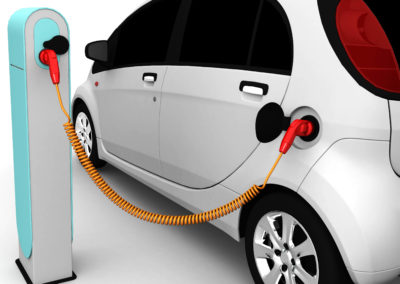News & Events
Heinz will now produce its ketchup bottles using PlantBottle® packaging, marking the biggest change to their iconic design since 1983.
Launched by Coca Cola in 2009, PlantBottle® packaging has a lower reliance on non-renewable resources compared with traditional PET plastic bottles, with nearly 30% of its material derived from plants.
Dr Richard Murphy, an Imperial academic in the Division of Biology, headed up an initial life cycle analysis of the product. His team were able to confirm that Coca Cola’s innovative packaging reduced CO2 impact by 12-19%.
In 2010 alone, the use of this breakthrough packaging eliminated the equivalent of almost 30,000 metric tons of carbon dioxide, or approximately 60,000 barrels of oil.
Both Heinz and Coca Cola hope that others will follow in the use of more sustainable materials, transforming how food is packaged around the world.
Life cycle analysis (LCA) is a tool used to assess the environmental impact of a product or process.
Share post:
Latest news, insights and events

Low carbon transport research centre launches at Imperial
A major research initiative focussing on the development of low emission vehicles has launched this week at Imperial College London, which will develop knowledge and expertise that could be applied through consultancy projects in the future. read more

The global energy revolution
Dr Iain Staffell, Dr Malte Jansen and consultants from e4Tech commissioned by Drax Group to inform the debate on decarbonising the global energy system, evaluating progress and lessons learnt re fossil fuels, clean power, electric vehicles, carbon capture and storage and efficiency read more

Energy storage and electric driverless cars
Government to set up a “battery institute” to award millions to companies on the brink of development breakthroughs as experts agree effective electrical energy storage will play crucial role in moving to a world powered by low-carbon electricity. read more
